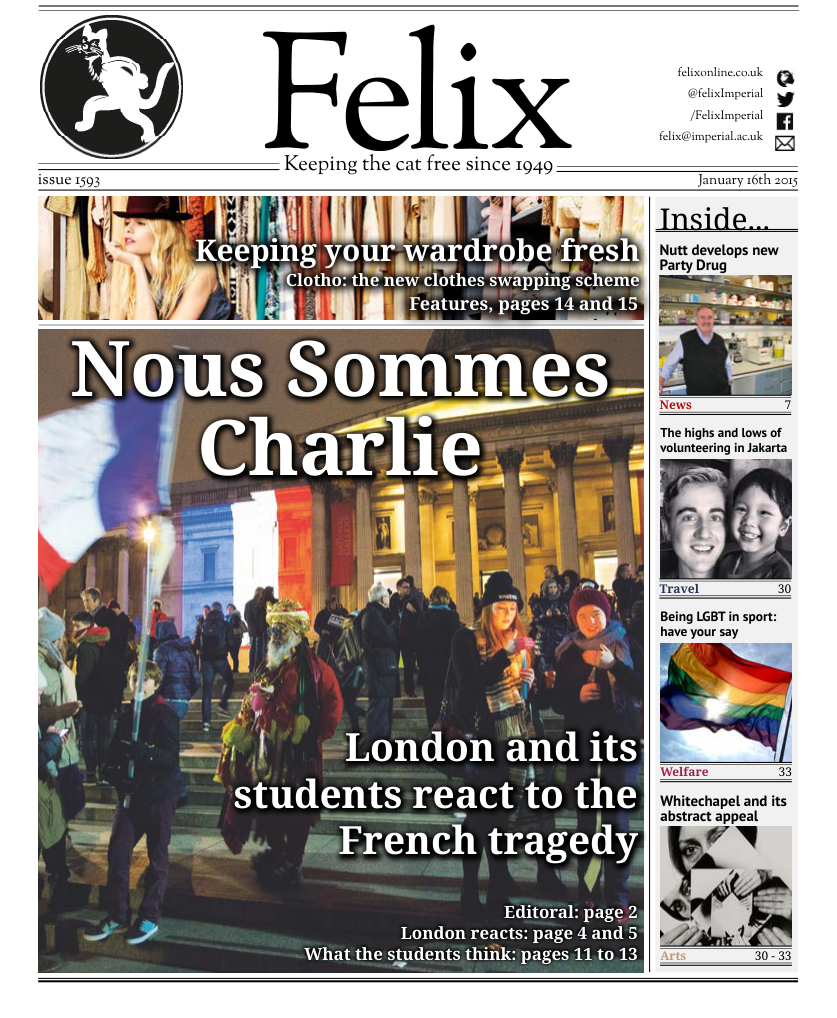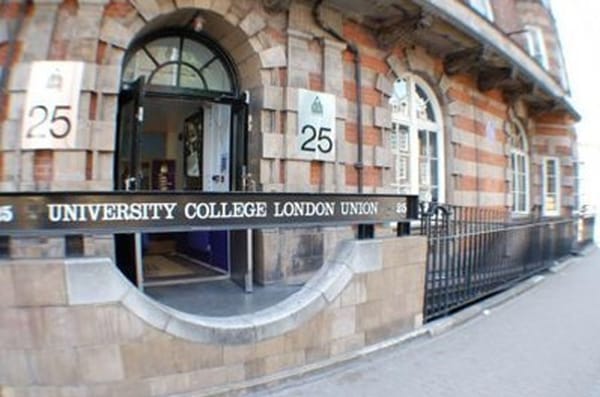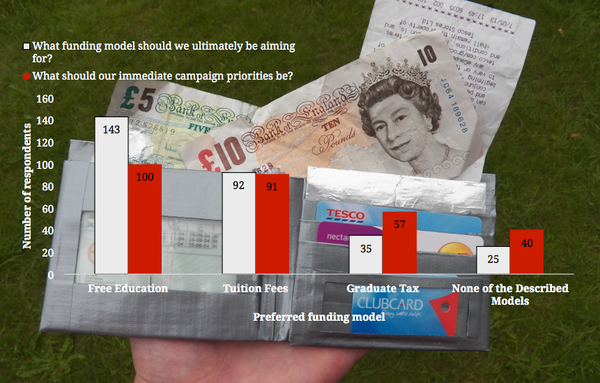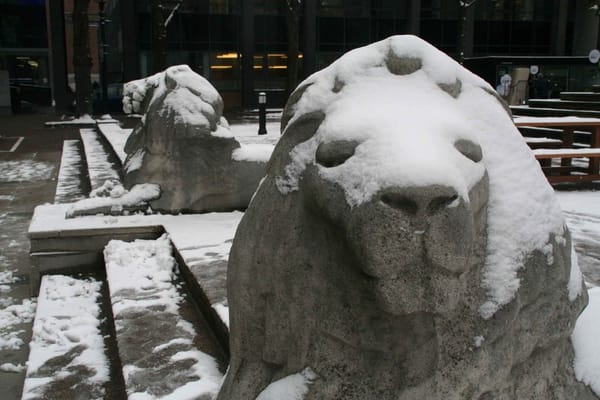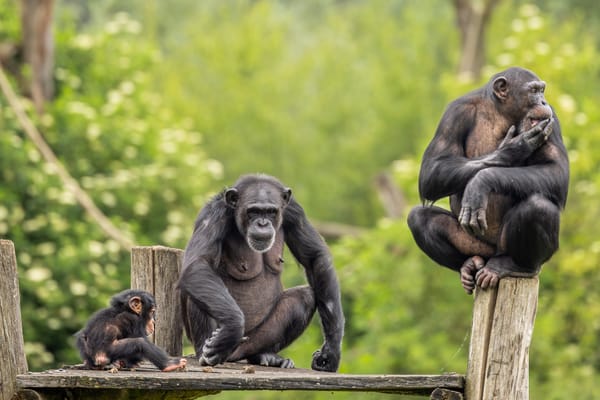One city mourns for another city’s loss
Philippa Skett recaps the tragedy that has captured the world’s attention, and how it has resonated through the capital
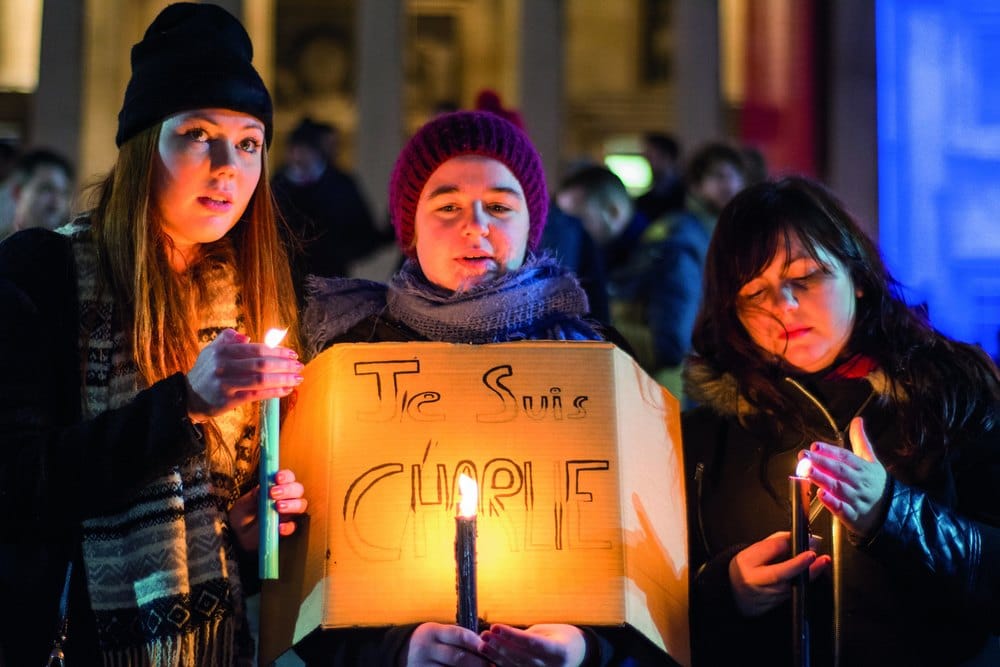
The world was stunned by the news last Wednesday, when two masked gunmen entered the offices of Charlie Hebdo, a French satirical magazine. Within half an hour, twelve people had been shot dead, including the editor of the magazine, two policemen and several cartoonists that had drawn the “blasphemous” and controversial front covers.
The gunmen, identified as brothers Said and Cherif Kouachi, remained on the run for a further two days, eventually holing themselves up in an industrial warehouse, before being shot dead by policemen storming the site. Another gunman, operating in the South of France, was also shot dead the same day, after holding shoppers hostage at a kosher supermarket.
Four of the hostages were also killed, marking the end of three days of terror that has been said to be the worst France has experienced in decades.
As it all unfolded live through social media and the news, people wanted to discuss little else. #JeSuisCharlie, a hashtag used to express solidarity with the publication was tweeted over five million times. It remained trending on twitter in London for the next two days as people discussed the attack, shared the cartoons that were found so offensive and talked about what this said about the right (or privilege, as some would argue) of free speech.
That evening people flocked to Trafalgar Square in their hundreds, singing La Marseillaise, France’s national anthem and holding up pens, pencils and in the case of one person, an apple keyboard. The elevation of a pen became a symbol of support for the publication, a trend that swept Europe and was seen at the many other rallies that gathered throughout the evening.
The Guardian put together an impromptu #GuardianLive panel discussion for the following evening, with journalists and cartoonists alike coming together to discuss the events. They also discussed the implications the attack could have on writers, small magazines right up the national press across the country. Felix went along to follow the debate, and listened as people spoke of free speech, the role of comics in newspapers and just what the point of a cartoon is.
They also discussed at length just what people could do to support the magazine. With many online posting the incriminating cartoons, newspapers were loath to follow suit. Many preferred to illustrate their front covers with an image of one of the policemen being shot, over the line drawings depicting the Prophet Mohammad.
Editors present cited that they were adhering to editorial policies that prohibit portrayals of the Prophet. Others suggested that those who are responsible for smaller publications should not make a decision that could also put their editorial team in danger. This was eerily prophetic: last Sunday, Hamberger Morgenpost, a German newspaper, suffered from an Arson attack after reprinting the cartoon. No-one was injured but two people have been arrested on suspicion of carrying out the attack.
Some said sharing the “insulting” cartoons doesn’t do any favours, but instead people should take out subscriptions to the magazine, or donate money. Alan Rusbridger, Editor in Chief of the Guardian, announced that the Guardian Media Group has pledged £100,000 to support Charlie Hebdo, an declaration that was greeted with a round of applause.
Sunny Hundal, one of the journalists on the panel, summed up that free speech is a two way street: “ Why is it so difficult for liberals to persuade Muslims that free speech is also for them? Free speech is important for both those who wish to criticise religion and those who wish to practise religion too.”
However, others were quick to point out there is a thin line between satire and blasphemy, although who determines where this line is drawn is also a contentious issue. The debate was impassioned, eye opening and informative: a silver lining of the otherwise dark cloud that had settled over journalism in the previous 24 hours.
That’s not to say everyone has been supporting of the magazine. A coffee shop owner in Brick Lane has faced death threats over their “Je suis Charlie” sign outside their café. Adel Defilaux, a French-born Muslim, was confronted by an intruder demanding he remove the sign, stating that the cartoonists “deserved to die for what they did.”
Police are now investigating the matter, but Defilaux has not let this deter him from showing his support for the magazine. “I feel weak by myself with my little café trying to fight against him but I won’t let him do what he wants. I’m a Muslim like him and if I want to support Charlie Hebdo I will do it. I don’t want to let him win.”
On Sunday, Trafalgar Square played host to a Unity Rally attended by the French Ambassador for the UK, Sylvie Bermann. Trafalgar Square, The National Gallery the London Eye and the Tower Bridge were also illuminated by the colours of the French flag.
Craig Buchanan, an Imperial Postgraduate, went along and told Felix what it was like to be part of the rally: “There was quite a sombre atmosphere with some people holding candles and others signs with “Je suis Charlie” on.
“One corner of Trafalgar Square was closed off for the media satellite vans, with the reporters going around interviewing people. In front of the National Gallery was a quite moving collection of flowers, posters and pens.
“There was quite a crowd of people surrounding the display, and occasionally someone would step forward and light a candle or drop off a pen or pencil. It was also quite a sight to see the Tricolour being projected onto the National Gallery, particularly considering the Square is named after a battle with the French and Spanish!”
With Paris holding the focus of the world’s media on Sunday, as world leaders came together to lead the march through the city, one London student took to twitter to point out their sheer hypocrisy.
Daniel Wickham, a 21 year old student from the London School of Economics pointed out how many of the leaders were representing states where free speech had previously been threatened or downright disregarded.
Wickham told the Guardian after his series of tweets went viral: “There were so many representatives there from countries with really awful human rights records, like Saudi Arabia, Egypt and Bahrain.
“I’d already seen people tweet that the march was like a who’s who of authoritarian leaders, and I just thought it was a real shame that the event, which is supposed to be for the victims of human rights violations, was being hijacked by human rights abusers.”
Yemen’s branch of Al Queada released a video on Thursday, claiming responsibility for the attack, and stating they were carried out in retaliation for the publications of the Prophet Mohammad. However, the magazine is nothing if not determined.
It was revealed earlier this week that the next cover of the magazine, drawn by one of the columnists of Charlie Hebdo, Zineb El Rhazoui, will feature the prophet Mohammed again, this time holding a sign reading “Je Suis Charlie” and announcing forgiveness for the terrorists that all but wiped out the editorial team of the small magazine.
“We don’t feel any hate to them. We know that the struggle is not with them as people, but the struggle is with an ideology,” she told BBC Radio 4’s Today programme.
The issue will be hitting stands in London today, with the South Kensington Bookstore opening at 8.15am and limiting copy sales to one issue per person.
At the time of print, people are already queuing outside venues across London, although there will only be 2,000 copies of this new issue available in the entirety of the UK. In total, 3 million copies of this issue have been printed as opposed to their average circulation of 60,000, defiantly proving that even after the mindless slaughter of their editorial team, the magazine simply cannot be stopped.


